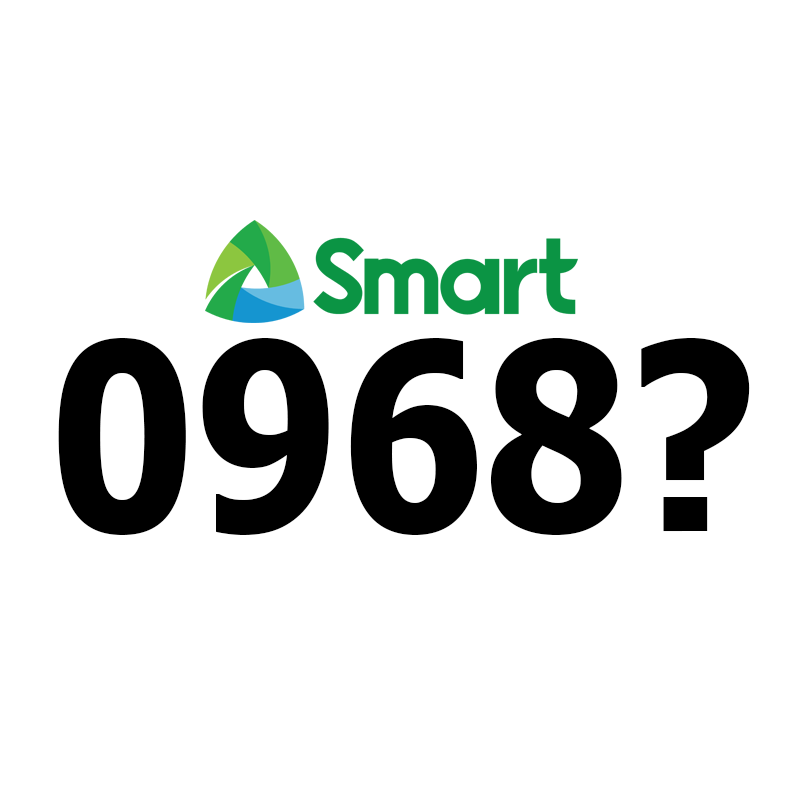In an age where communication is pivotal to both personal and professional spheres, understanding the nuances of mobile networks and their numbering systems is more than just a technicality. The prefix of a mobile number, such as ‘0968’, is not just a random set of digits but a gateway to identifying the network provider, understanding region-specific services, and, in some cases, predicting the cost implications of making calls. This comprehensive guide delves into the intricacies of the ‘0968’ series, aiming to illuminate the aspects surrounding this specific network code.
Understanding the ‘0968’ Series in Mobile Telecommunications
The Genesis of Numbering Systems in Mobile Networks
The evolution of mobile telecommunications has brought a complex numbering system essential for network identification and management. Each part of a mobile number serves a specific purpose. The initial few digits, commonly known as the prefix, are crucial in this structure. They can indicate the network provider, the geographical region, or both. Understanding these prefixes is critical for everyday users and businesses in managing communications and for travelers to make cost-effective decisions.
Deciphering the ‘0968’ Code
The ‘0968’ series, a specific set of digits in mobile telecommunications, is associated with a particular network provider or a group of providers. This association depends on various factors, including geographical location and regulatory practices in telecommunications within a country. For instance, in some countries, the ‘0968’ series might be exclusively used by a single network provider, while in others, it might be shared among several operators.
The Global Perspective of Network Codes
Variation Across Different Countries
The assignment of number series like ‘0968‘ to network providers varies globally. In some countries, these prefixes are strictly regulated, ensuring each string is unique to a single provider. In contrast, others have a more liberal approach, allowing multiple providers to share a series. This variation is often a reflection of the telecommunications policies of a particular country and its market dynamics.
Regional Significance of ‘0968’
A prefix like ‘0968’ can carry significant importance in certain regions. For example, it could be associated with a leading network provider known for its extensive coverage or superior service quality. Alternatively, it might be linked to a budget-friendly operator, appealing to cost-conscious consumers. The regional connotation of ‘0968’ is thus an essential factor in understanding its impact on users.
The Role of Regulatory Bodies and Number Allocation
The Process of Number Allocation
The allocation of number series, including ‘0968’, is typically governed by national regulatory authorities. These bodies oversee the fair distribution of numbers among competing network providers, maintain a balance in the market, and ensure that the numbering system remains efficient and logical. The process involves intricate planning and foresight to accommodate future growth and technological advancements in telecommunications.

How Regulatory Practices Affect Consumers
The regulatory framework governing number allocation, including the ‘0968’ series, directly impacts consumers. It can influence the ease of portability between network providers, the clarity in understanding call tariffs, and the overall mobile network experience. Strong regulatory practices ensure that consumers are well-informed and protected against potential malpractices in the industry.
Identifying the Network Provider for ‘0968’
Tools and Methods
In today’s digital age, identifying the network provider of a ‘0968’ number series is relatively straightforward. Various online tools and applications allow users to input a number and retrieve information about the network provider. Additionally, many network providers offer shortcodes that can be dialed to find out the network of a particular number.
The Importance of Knowing Your Network Provider
For several reasons, understanding which networks a ‘0968’ number belongs to is crucial. It can affect the cost of calls, especially if the caller and the recipient are on different networks. This knowledge is vital for businesses in managing communication costs and developing targeted marketing strategies. For individuals, it can be a matter of choosing the most cost-effective or reliable service available.
The Future of Mobile Numbering and Network Identification
Trends in Numbering Systems
The future of mobile numbering systems, including the ‘0968’ series, will likely evolve with technological advancements and consumer behaviors. The proliferation of VoIP (Voice over Internet Protocol) services and the increasing use of virtual numbers might redefine traditional numbering systems. This evolution could bring about more dynamic and flexible network identification and management methods.
Challenges and Opportunities
The changing landscape of mobile telecommunications presents both challenges and opportunities. One significant challenge is maintaining a coherent and efficient numbering system amidst rapid technological changes and growing demand for numbers. On the other hand, there are opportunities to develop more user-friendly and innovative ways of identifying netwo rk providers, enhancing consumer experience, and facilitating smoother communication.
rk providers, enhancing consumer experience, and facilitating smoother communication.
Conclusion
The ‘0968’ network code is more than just a series of digits at the beginning of a mobile number. It is a key to understanding the complex world of mobile telecommunications, reflecting the interplay of technology, regulatory policies, and market dynamics. For consumers and businesses alike, gaining insight into these nuances is fascinating and practical, impacting communication strategies and decisions. As technology advances, the significance of these numbers and the methods of identifying network providers are poised to evolve, paving the way for more sophisticated and user-centric telecommunication services.




